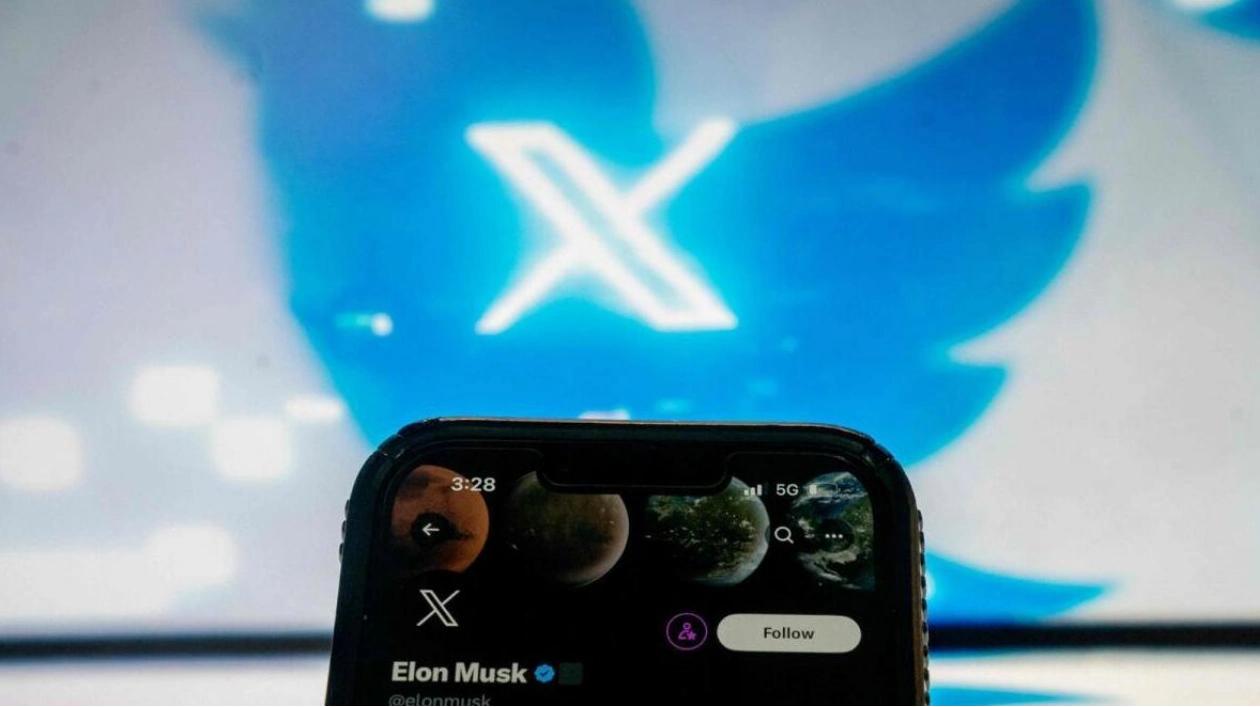As dissatisfaction with Elon Musk’s X (formerly Twitter) continues to rise, Bluesky has stepped in as a promising alternative, drawing millions of users who are seeking a more satisfying social media experience. Founded in 2019 by Jack Dorsey, the former CEO of Twitter, Bluesky introduces a decentralized approach to online interactions, promising enhanced user control and transparency. With a user base that has surpassed 16 million and is still growing, the platform’s swift ascent underscores a significant shift in priorities within the social media landscape.
What exactly is Bluesky, and why is it attracting millions of new users? Bluesky began as an experimental project in 2019, aimed at reimagining the core principles of social media. Initially, it operated on an invitation-only basis until February 2024, giving developers time to tackle technical hurdles, refine moderation tools, and stabilize its infrastructure. This exclusivity initially limited its user base to just 3 million in February 2024, but by September, it had skyrocketed to 13 million users. Recent reports indicate that the platform added one million new subscribers in a single day, catapulting it to the top of app store charts.
Jack Dorsey, who originally founded the platform, stepped down from Bluesky’s board in May 2024, subsequently deleting his account. The platform is now led by CEO Jay Graber and is primarily owned as a US public benefit corporation. Getting started on Bluesky is straightforward, requiring users to provide an email address, password, and date of birth. The platform mirrors the familiar functionality of X, featuring a vertical timeline for posts, replies, and direct messages.
However, Bluesky’s standout feature is its adoption of the AT Protocol, a decentralized framework that redefines how user data is managed. Unlike traditional platforms where data is stored and controlled by the company, Bluesky allows users to host their own data or select a third-party provider. This approach enables users to leave the platform without losing their digital footprint, offering a stark contrast to the walled-garden model prevalent in platforms like X.
The exodus from X to Bluesky has been largely driven by Elon Musk’s controversial management of the platform. Since his acquisition in October 2022, Musk laid off nearly 80% of Twitter’s workforce, resulting in diminished platform functionality. Users have reported a surge in bots and toxic behavior, leading to widespread dissatisfaction. The tipping point came during the 2024 US presidential election, where X faced criticism for amplifying extremist content and misinformation. When Donald Trump, a Musk ally, won re-election, the platform also announced plans to allow blocked users to view public posts, further alienating its audience.
According to analytics firm SimilarWeb, 115,000 US users deleted their X accounts in the immediate aftermath, marking the highest number since Musk’s takeover. In contrast, Bluesky has positioned itself as the antidote to these issues, emphasizing transparency, user control, and effective moderation.
Bluesky markets itself as ‘the last social media account you’ll ever need’—a bold claim rooted in its commitment to decentralization and user empowerment. The platform promises to minimize the influence of opaque algorithms that dictate what users see on their feeds. Instead, it allows users to customize their experience with features like custom feeds and moderation tools, offering thousands of feeds on a wide range of topics to choose from.
Unlike X, which has faced criticism for weak moderation, Bluesky integrates safety features into its design. With a focus on 'anti-toxicity' measures, the platform offers tools such as hiding replies, prioritizing notification filters, applying blocks to lists, and detaching quote posts from the original post, all aimed at reducing online harassment.
Despite its rapid growth and innovative features, Bluesky faces significant challenges. The platform experienced outages earlier this month due to a surge of new users, highlighting the strain on its infrastructure. While Bluesky offers private direct messaging (DMs), these messages are not encrypted, meaning they could potentially be accessed by moderators or staff for safety investigations. Critics argue this undermines the platform’s commitment to user privacy.
Finding the right balance between freedom of expression and effective moderation will be a key challenge for the platform moving forward. While the platform’s anti-toxicity measures are a step in the right direction, questions remain about how they will scale with a larger user base. It’s also important to note that Bluesky is entering a fragmented social media landscape. X remains the leading force with over 317 million users, while platforms like Threads, TikTok, and Mastodon cater to specific demographics. To carve out a lasting niche, Bluesky must offer nuanced features that differentiate it from its competitors.
At the moment, Bluesky seems to have become a safe space for those left frustrated and disappointed with X, including users seeking meaningful interaction. The platform's emphasis on moderation and user control has also attracted celebrities and influencers looking for a less ‘toxic’ environment. However, Bluesky’s rise signals a broader shift in user expectations for social media. As platforms like X struggle with declining trust, Bluesky’s focus on transparency and safety will continue to resonate with a growing audience.
Source link: https://www.khaleejtimes.com






